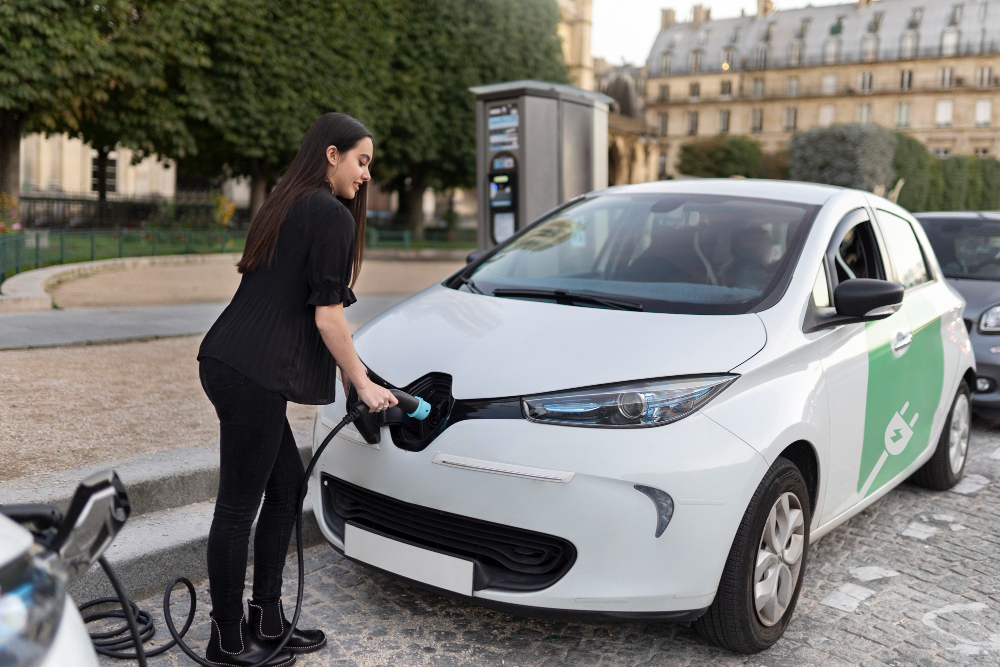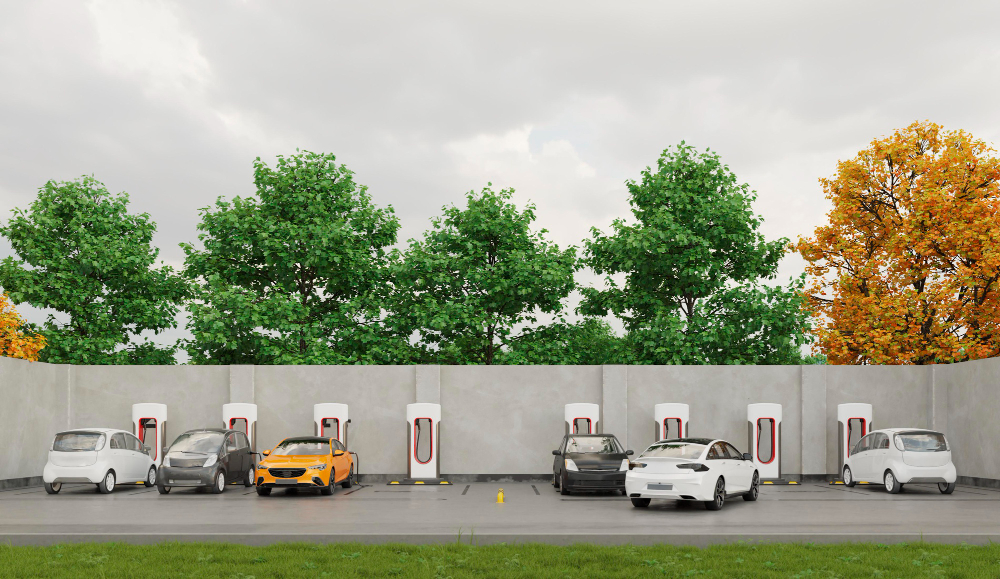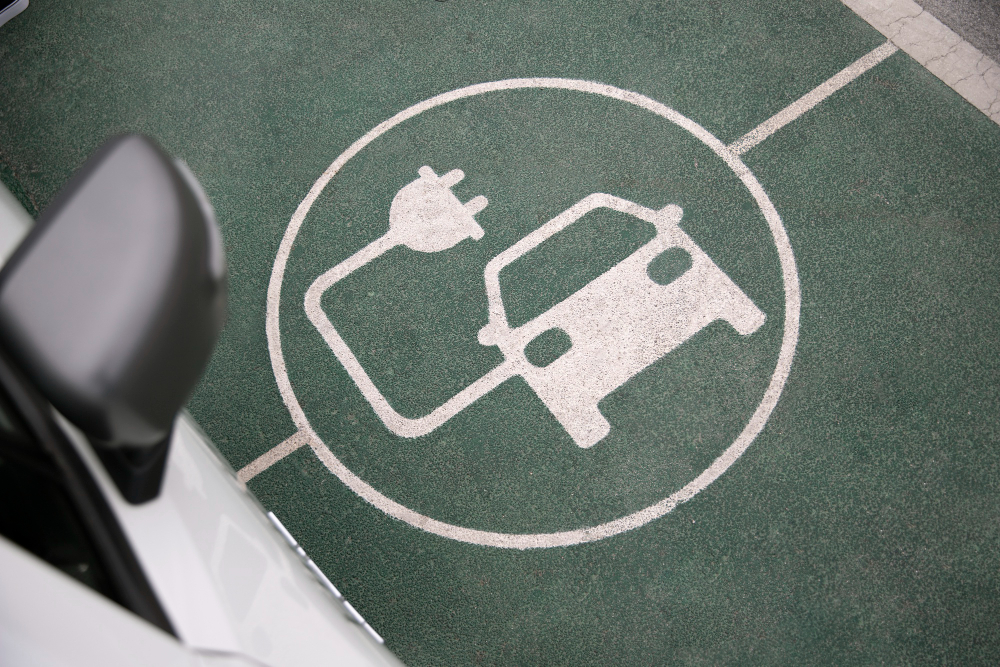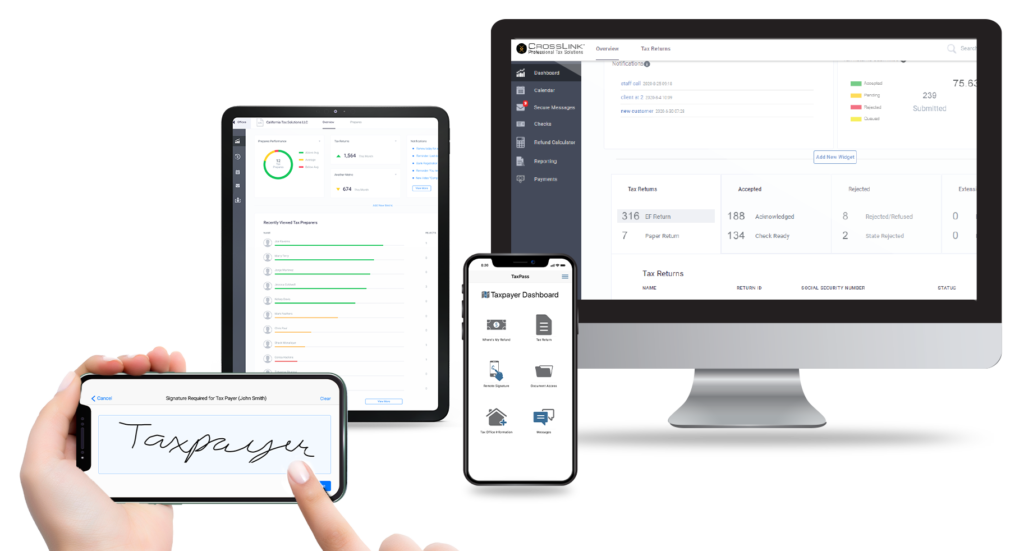Clean Vehicle Tax Credits for 2023 and Beyond
This article provides details on the three credits for electric vehicles and fuel cell vehicles that are included in the Inflation Reduction Act that became law in August of 2022 and go into effect in 2023.
Tax Credit for Used Clean Vehicles
Commercial Clean Vehicle Tax Credit
New Clean Vehicle Tax Credit
A taxpayer that purchases a new electric fuel cell vehicle in tax years 2023 – 2032 may be eligible for up to a $7,500 nonrefundable credit for New Clean Vehicles.
Taxpayers may claim this credit by completing Form 8936 and Form 8936, Schedule A and including it with their federal income tax return.
To see what these two forms look like see the following on the IRS website:
- Draft of 2023 Form 8936 – Clean Vehicle Credits
- Draft of 2023 Form 8936, Schedule A – Clean Vehicle Credit Amount

New Clean Vehicle Tax Credit Requirements
The full $7,500 credit is available for fuel cell vehicles that meet the requirements under IRC 30B(b)(3). The basic requirement is that the vehicle must be propelled by power derived from 1 or more cells which convert chemical energy directly into electricity by combining oxygen with hydrogen fuel which is stored on board the vehicle in any form.
- Credit is only allowed if the taxpayer’s current or preceding year’s modified AGI does not exceed:
- $300,000 for Married Filing Joint
- $225,000 for Head of Household
- $150,000 for all other filing status’
- Credit is allowed for vehicles that have a manufacturer’s suggested retail price of no more than $80,000 for vans, SUVs or pickup trucks and $55,000 for all other vehicles.
- Credit can be claimed on one vehicle per year.
- The qualifying clean vehicle must be new, been purchased for the taxpayer’s own use (not for resale) and it must be used primarily in the U.S.
- Taxpayer must report the Vehicle Identification Number (VIN) of the vehicle on their federal income tax return.
- To be an eligible clean vehicle the final assembly of the vehicle must have been in North America and it must weigh less than $14,000 pounds.
- Clean vehicles include plug-in electric vehicles with a battery capacity of at least 7 kilowatt hours and fuel cell vehicles.
- Beginning in 2024, an electric vehicle will not qualify for the credit if any of the vehicle’s battery components were manufactured or assembled by a foreign entity of concern.
- Beginning in 2025, an electric vehicle will not qualify for the credit if the vehicle’s battery contains critical minerals that were extracted, processed, or recycled by a foreign entity of concern.
- For electric vehicles the credit is broken down into two parts:
- $3,750 for meeting the critical minerals requirement
- $3,750 for meeting the battery components requirement
What are the Critical Minerals Requirements for EVs?
Vehicle’s battery must contain a threshold percentage of critical minerals that were extracted or processed in a country with which the US has a free trade agreement or recycled in North America as follows:
- 40% – 2023
- 50% – 2024
- 60% – 2025
- 70% – 2026
- 80% – 2027 and later
What are the Battery Components Requirements for EVs?
To meet this requirement the vehicle’s battery components must meet a percentage threshold for manufacturing or assembly in North America as follows:
- 2023: 50%
- 2024 and 2025: 60%
- 2026: 70%
- 2027: 80%
- 2028: 90%
- After 2028: 100%
For more details see the following on the IRS website:
- Credits for New Clean Vehicles Purchased in 2023 or after
- Federal Tax Credits for Plug-in Electric Vehicles and Fuel Cell Electric Vehicles Purchased in 2023 or after webpage on FuelEconomy.gov where an individual may type in the information for their electric vehicle and determine if it qualifies for partial or the full Credit of New Clean Vehicles
- FAQs About the Eligibility Requirements for the New Clean Vehicle Credit
- FAQs About the Income and Price Limitations for the New Clean Vehicle Credit
- FAQs About When the New Eligibility Requirements Apply to the New Clean Vehicle Credit
- IRS Fact Sheet FS-2023-08 (Dated March, 2023): IRS updates frequently asked questions related to new, previously owned and qualified commercial clean vehicle credits
Tax Credit for Used Clean Vehicles
A taxpayer who purchases an eligible used clean vehicle in tax years 2023 – 2032 may be eligible for the new nonrefundable Credit for Previously Owned Clean Vehicles.
The credit is 30% of the vehicle’s purchase price or $4,000 whichever is less.
Taxpayers may claim this credit by completing Form 8936 and Form 8936, Schedule A and including it with their federal income tax return.
To see what these two forms look like see the following on the IRS website:
- Draft of 2023 Form 8936 – Clean Vehicle Credits
- Draft of 2023 Form 8936, Schedule A – Clean Vehicle Credit Amount

Used EV Tax Credit Requirements
- Credit is only allowed if the taxpayer’s current or preceding year’s modified AGI does not exceed:
- $150,000 for Married Filing Joint
- $112,500 for Head of Household
- $75,000 for all other filing status’
- Credit is allowed for vehicles with a sales price of $25,000 or less with a model year that is at least two years earlier than the calendar year in which the vehicle is sold.
- Credit can only be claimed for vehicles sold by a dealer and on the first transfer of a qualifying vehicle.
- Credit can be claimed once every three years.
- The taxpayer must purchase the vehicle for their own personal use in the United States and cannot buy it resale.
- Vehicle must be an eligible FCV or plug-in EV with a battery capacity of at least 7 kilowatt hours.
For more details see the following pages on the IRS website:
- Used Clean Vehicle Credit
- FAQs About Claiming the Previously-Owned Clean Vehicle Credit
- FAQs About Eligibility Rules for the Previously-Owned Clean Vehicle Credit
- FAQs About the Income and Price Limitations for the Previously-Owned Clean Vehicle Credit
Commercial Clean Vehicle Tax Credit
A taxpayer who purchases a qualified commercial clean vehicle on tax years 2023 – 2032 may be able to claim the new nonrefundable Commercial Clean Vehicle Credit.
Taxpayers may claim this credit by completing Form 8936 and Form 8936, Schedule A and including it with their federal income tax return.
To see what these two forms look like see the following on the IRS website:
- Draft of 2023 Form 8936 – Clean Vehicle Credits
- Draft of 2023 Form 8936, Schedule A – Clean Vehicle Credit Amount

What is the Commercial Clean Vehicle Tax Credit?
Businesses and tax-exempt organizations qualify for the commercial clean vehicle tax credit, also known as the commercial electric vehicle tax credit.
This credit is calculated as the lesser of:
- 15% of the vehicle’s purchase price for hybrid electric vehicles
- 30% of the vehicle’s purchase price for electric or fuel cell vehicles
- The incremental cost of the vehicle relative to an equivalent internal combustion engine vehicle
The maximum credit that may be taken on a qualifying vehicle is:
- $7,500 for vehicles weighing less than 14,000 pounds (Class 1 – 3)
Or
- $40,000 for vehicles weighing 14,000 pounds or more (Class 4 and above)
Commercial Electric Vehicle Tax Credit Requirements
- Businesses and tax-exempt organizations qualify for the credit.
- Qualified vehicle must be new, used in the business, made by a qualified manufacturer, and used primarily in the U.S.
- Eligible electric vehicles must have a battery capacity of not less than 15 kilowatt hours (7 kilowatts for vehicles weighing less than 14,000 pounds) and be charged by an external source of electricity.
- Eligible fuel cell vehicles are those that meet the requirements under IRC 30B(b)(3)(A) and (B)
- To be eligible a vehicle must be made by a qualified manufacturer who has a written agreement with and provide periodic reports to Treasury.
- This credit cannot be combined with the Clean Vehicle Tax Credit.
- There is no limit on number of qualifying vehicles that a business can claim this credit each year.
- Any unused credit may be carried forward as a general business credit.
- Vehicle must be used by the taxpayer’s business
For more details see the following pages on the IRS website:
CrossLink Professional Tax Software

CrossLink is the industry’s best professional tax software solution for high-volume tax businesses. Built based on the needs of busy tax offices and mobile tax preparers that specialize in providing their taxpayer clients with fast and accurate tax returns, CrossLink has been a trusted software solution since 1989. CrossLink’s in-depth tax calculations, advanced technological features, and paperless solutions allow you to prepare the most complicated tax returns with confidence and ease while providing your customers an unparalleled experience.


